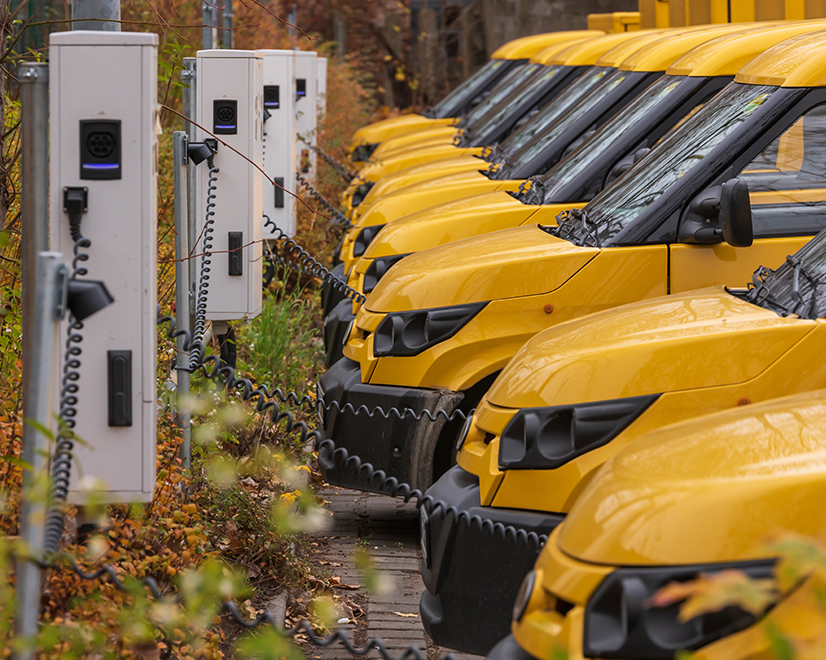The New Jersey Board of Public Utilities (BPU) on Wednesday approved a $7 million program to encourage public agencies to purchase electric vehicles by offering incentives of up to $4,000 per vehicle.
The program, an expansion of a 2019 pilot, enables local and state government entities to apply for up to 10 of the $4,000 grants, depending on the size of the government agency and whether it is statewide or local. Some agencies will also be able to apply for up to four grants of $1,500 for the purchase of Level 2 EV charging stations.
BPU President Joseph L. Fiordaliso welcomed the board’s unanimous approval of the measure, saying the program to get more EV vehicles in government reflects the seriousness with which New Jersey takes the need to combat climate change.
“One of the obligations of government is to set an example and set a direction,” he said. “I believe this is the right direction and right example to set.”
Fiordaliso had opened the meeting with a strong reference to the recent report from the United Nations’ Intergovernmental Panel on Climate Change, which “certainly pinpointed the dire need for humans throughout the world to take this seriously,” he said. “It takes, everyone to be a part of that solution … and [the United Nations is] not talking about the end of the century; they’re talking more about the end of this decade, which makes it even more concerning.” (See Too Late to Stop Climate Change, UN Report Says.)
Cutting Transportation Emissions
With transportation making up more than 40% of the carbon emissions in New Jersey, Gov. Phil Murphy has set a goal of putting 330,000 EVs on the road by 2025, as part of his effort to have the state run 100% on clean energy by 2050.
The 2019 pilot program, with $210,000 in funds, allowed local and state government entities to apply for up to two $4,000 grants for the purchase of battery electric vehicles and one $1,500 grant toward the purchase of a Level-2 EV charging station. Fourteen municipalities, two counties and the New Jersey Department of Environmental Protection applied for grants under the program and were all funded, said Peter Peretzman, spokesperson for the BPU. Grants totaling $122,500 were awarded, and 28 EVs and two Level-2 charging stations were purchased, he said.
The new program rules significantly increase the number of grants that agencies of different sizes can receive. Agencies eligible for the grants include schools, municipal commissions, state agencies or boards, state commissions, state universities, community colleges and county authorities, the BPU said.
Under the new rules:
- local governments, schools and other entities serving a population of more than 20,000 can receive grants for up to five EVs and two Level-2 charging stations;
- local governments, schools and entities serving a population of more than 50,000 can receive grants for up to seven vehicles and four Level-2 charging stations; and
- state, county and local governments and entities serving a population of more than 100,000 are eligible to receive grants for up to 10 vehicles.
Point-of-sale Incentives
New Jersey’s Electric Vehicle Act of 2020 requires that 25% of state-owned, non-emergency light duty vehicles must be electric by 2025, moving to 100% by Dec. 31, 2035.
The BPU last month launched the second year of a program that provides private buyers with a point-of-sale incentive of up to $5,000 for electric vehicles costing less than $45,000. Smaller incentives are available for more expensive vehicles and plug-in hybrids. (See NJ EV Incentives Target Cheaper Vehicles, Middle-income Buyers.)
The state also is trying to encourage EV use by deploying more charging stations on highways and local roads to reduce consumer “range anxiety” over whether they will be able to find a charger when their batteries run low. Murphy signed two bills in July designed to make it easier to set up electric vehicle charging stations by loosening permitting requirements in certain circumstances.



